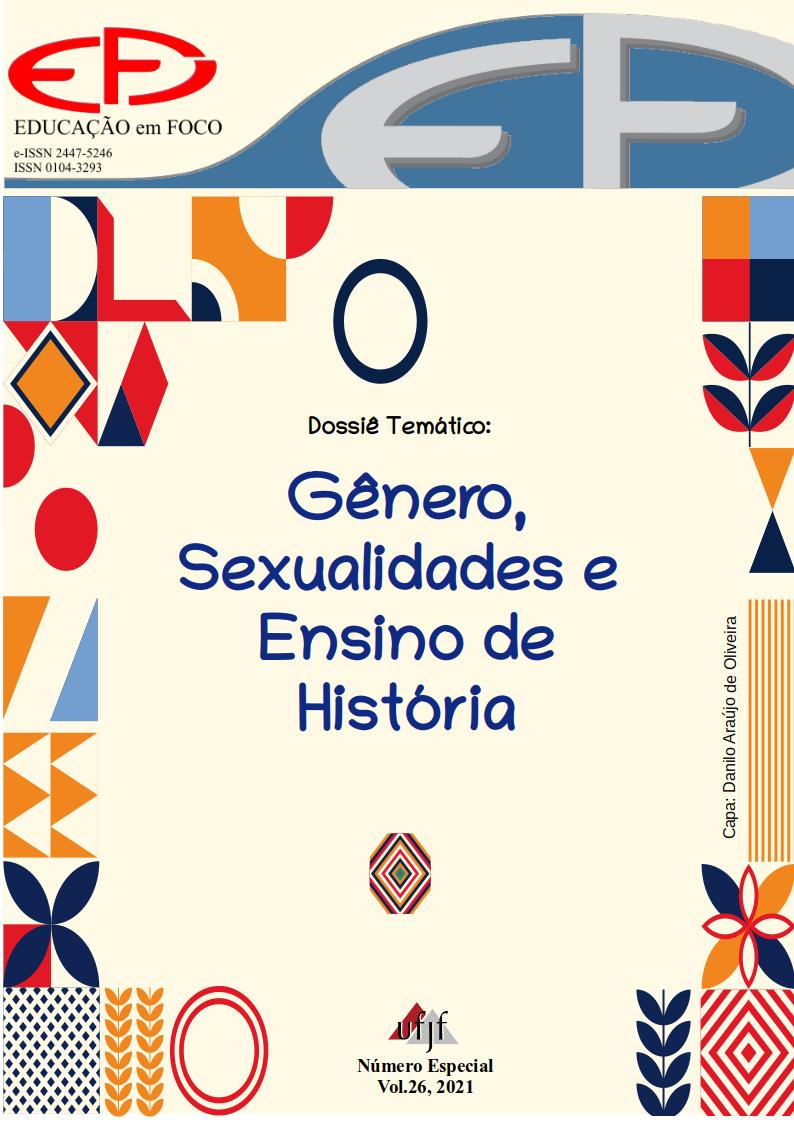OS REFLEXOS DA HETERONORMATIVIDADE NO ENSINO DE HISTÓRIA
DOI:
https://doi.org/10.34019/2447-5246.2021.v26.34683Abstract
This article examines how the subjects entitled History teaching contributes to reflection on the causes of discrimination and prejudice, and their effects on interpersonal relationships. Specifically about inequalities in the field of genders and sexualities, it is useful to analyze how the History and historiography itself relate to these issues. Authors such as Sepulveda (2016), Louro (2000) and Engel (1997) helped us in this reflection. After the presentation and discussion of information related to these areas, involving gender and sexuality issues, based on bibliographical research, we realized how the discipline was formatted under the interests of a heteronormative State, as well as how this pattern drives governments, religions , parliamentarians and even researchers to demonstrate their prejudices, preventing the free exercise of science, teaching and citizenship. The strength of social movements was indispensable for the achievements that took place in the first two decades of the year 2000 for women and LGBTI+ people, however, in the classrooms there is still resistance, fueled by governments of all spheres administrative, who seek to impede efforts to produce reflections on sexual and gender equality. Therefore, it is necessary to defend a curriculum in which diversity, criticism and themes that discuss all forms of discrimination are ensured.
Keyworrds: History teaching. Heteronormativity. Textbook.
Downloads
Downloads
Published
How to Cite
Issue
Section
License
Ao submeter um artigo à revista Educação em Foco e tê-lo aprovado, os autores concordam em ceder, sem remuneração, os seguintes direitos à Educação em Foco: os direitos de primeira publicação e a permissão para que Educação em Foco redistribua esse artigo e seus metadados aos serviços de indexação e referência que seus editores julguem apropriados.

















